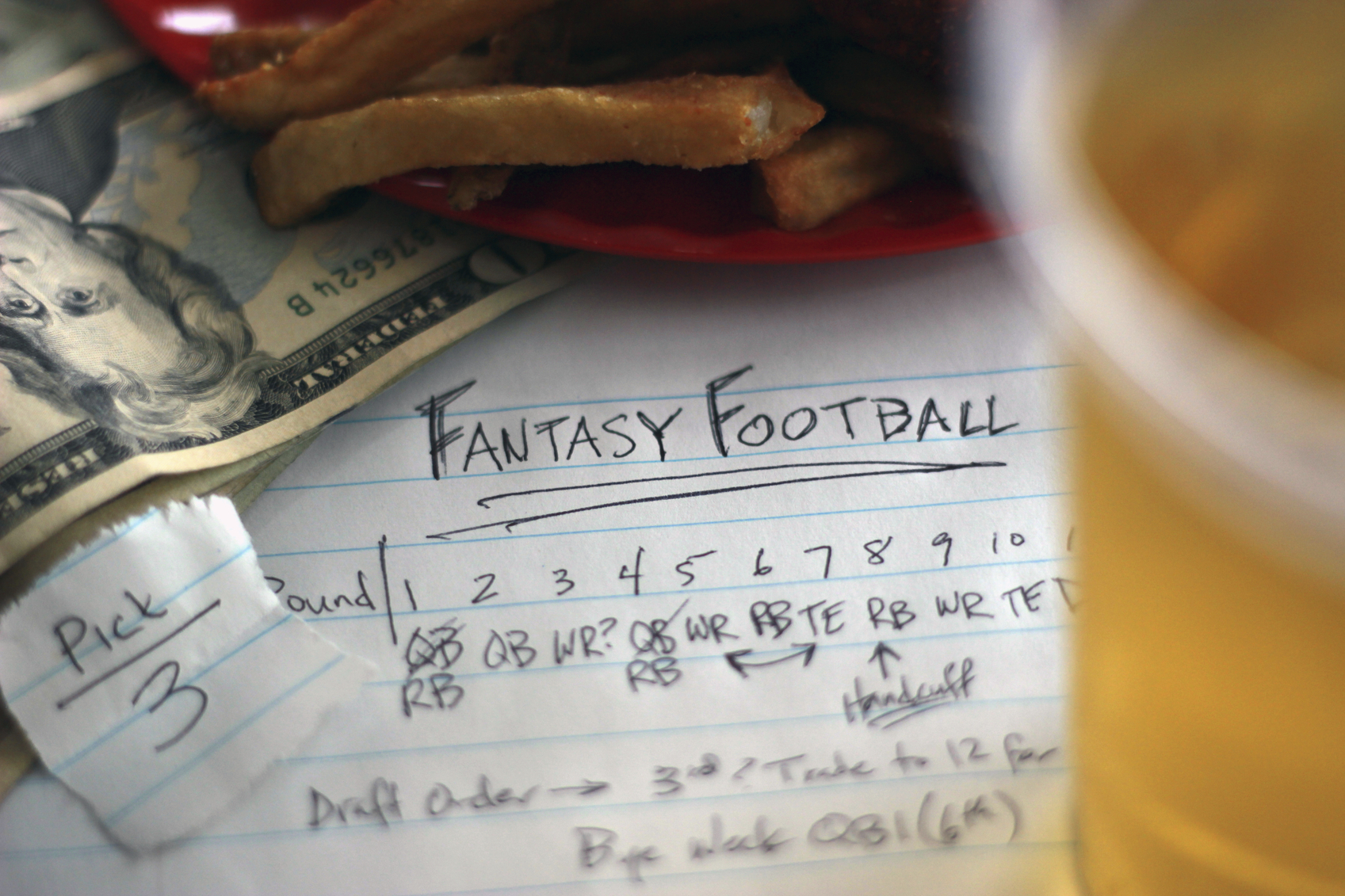
Unless you are a monk living in monastery, chances are good you have heard of Daily Fantasy Sports (DFS). Although it has been around for several years, it really burst onto the scene with a large advertising blitz at the beginning of the 2015 NFL Season.
DFS works at a much faster pace than traditional fantasy sport games. It allows gambling every day or weekend, either in head-to-head matchups against other players or at tournaments offering the potential of bigger payouts. The companies that run them – most notably FanDuel and DraftKings – make their profits by taking a percentage of entry fees.
Is DFS Addicting? According to Scott Nelson, Director of Problem Gambling Services at MCCA, “It has accelerated what was traditionally a season long activity into one where winners are identified in just a few hours with prizes rivaling large Lottery jackpots.” Nelson, added, “We know that the quicker the turn around from initial “bet” to payout, the more addictive that form of gambling is. To take something from five months and condense it to five hours is very significant.”
Sam’s Story
Sam is a 25 year old college graduate, engaged to be married. He loves sports and has had issues with marijuana use in past but none in the last couple years. Sam has also had some issues with gambling but those were temporarily “solved” by a big win at the casino.
Sam began playing Daily Fantasy football on FanDuel last Fall. He hid this from his fiancée, often playing on his phone while they were both were sitting on the couch together without her knowing what he was doing. Sam began to lose money and started chasing his losses by wagering larger and larger amounts on Fantasy sports games and over the course of last year’s football season and into basketball and baseball seasons he found himself about $40k in credit card debt due to DFS losses. He experienced severe depression, worry and guilt. Sam entered treatment in April 2016 and has not wagered on fantasy sports (or any other form of gambling) since this time. His relationships have improved and he has found a new job. The emotional stress related to gambling that Sam experienced has significantly decreased.
According to a study 90 percent of payouts are won by just one percent of winners. Traditionally it has been catered towards high volume players and limits the chances of beginners and novices to win. Adding fuel to the fire, fantasy companies portray their games as involving mostly skill. This sets up obstacles to treatment and makes is harder for gambling counselors to help people.
Nelson said, “The quickness that we have begun to see people accessing our services because of problems related fantasy sports games has surprised even us.”
Is It Legal? Recently New York has cracked down on DraftKings and FanDuel as illegal gambling operations and about a dozen states are challenging the legality of commercial fantasy sports. Nelson stated that, “DFS is legal in Connecticut or the better way to put it is that ‘DFS is not illegal’.” The Uniform Internet Gambling Enforcement Act (UIGEA) was passed at the federal level in 2006. This legislations outlawed internet gambling, however it created a special carve out for Fantasy Sports stating that fantasy sports was a game of skill and therefore not subject to the UIGEA regulations. This is the law that DFS has used to justify its existence.
And because the government does not consider this gambling (though it is by every conceivable definition) you are able to use your credit card to play daily fantasy sports and you are able to play then on an app on your smart phone. It is now the only form of gambling that allows credit card usage and, because it is on your smart phone, is the most accessible form of gambling.
If playing fantasy football improves the quality of your life, it’s a fine hobby. But if playing involves lying, stealing, and disassociating from loved ones, that’s a problem. If you are concerned that your fantasy football hobby is becoming an addiction, don’t wait to get help.